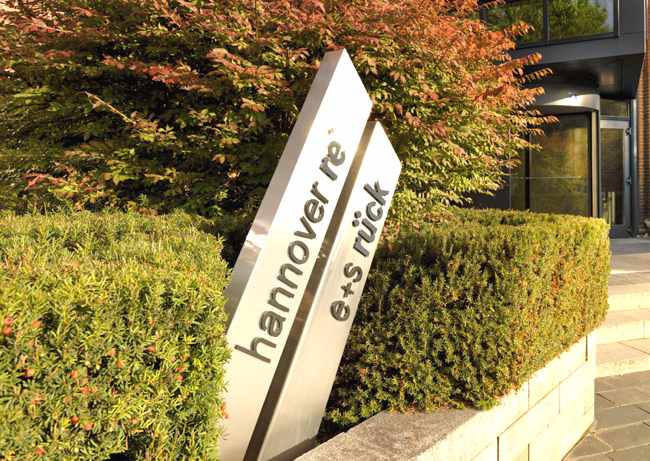Hannover Re seeing “clear trend towards increasing frequency losses”

In reporting its third-quarter results this morning, the CEO of global reinsurance player Hannover Re has said that the company is “seeing a clear trend towards increasing frequency losses” especially from secondary peril events.
In addition, Jean-Jacques Henchoz, Chief Executive Officer of Hannover Re noted that the loss burden from man-made events is also growing, in Hannover Re’s view.
Despite this, Hannover Re said that large losses remained within budget for the company and also noted a “relatively low retrocession recovery” within its reinsurance service result.
For the reinsurer, return on equity is running ahead of its target level at 20%, while its contractual service margin (net) rose 26% to EUR 8.3 billion, reflecting “business growth and brighter profitability outlook, especially as a consequence of improved treaty conditions in property and casualty reinsurance,” Hannover Re reported.
Group net income was up 25% at EUR 1.4 billion and the firms reinsurance service result, so the profitability of underwriting activity less business ceded (primarily to its retrocessions and insurance-linked securities (ILS) activities), increased by 47% to EUR 1.6 billion.
In P&C reinsurance for Hannover Re, the new business CSM (net), which shows profit expectations from the business underwritten in the first nine months, was up 32% to EUR 2.2 billion, reflecting “improved conditions as well as inflation- and risk-adjusted price increases.”
Large losses resulted in EUR 1.204 billion of claims paid to clients, within the budgeted amount of EUR 1.328 billion for the first nine months of 2023, but Hannover Re did say that the Q3 budget was slightly exceeded.
Hannover Re’s reinsurance service result improved by 46% to EUR 885 million for the year to end of September.
Interestingly though, EUR 529 million of the reinsurance result was ceded to retrocession and ILS partners, which might suggest a profitable period for those arrangements.
Gross large losses came in at EUR 1.446 billion for Hannover Re, but this year a very small amount has been shared to ILS, at just EUR 14 million, indicating strong results for investors in those capital market backed arrangements.
Hannover Re’s net large losses of EUR 1.204 billion, mean that EUR 242.2 million (roughly) could have been ceded, and not retained, with the cession rate highest for the wildfires in Hawaii, Cyclone Gabrielle in New Zealand and the floods in NZ, at approaching 50% in each case.
“We can look back on a favourable business development over the past nine months and with a more than satisfactory Group profit we are still well on track to achieve our full-year targets,” Jean-Jacques Henchoz, Chief Executive Officer of Hannover Re said on the results. “The expenditures from large losses are within our budget after three quarters. We are, however, seeing a clear trend towards increasing frequency losses, above all from secondary risks, and a growing burden of man-made losses.”
The reinsurer said it is still on-track to deliver full-year group net income of EUR 1.7 billion in 2023.
“Given what is still a challenging economic environment and increasing geopolitical uncertainties, our own superlative risk management coupled with reliable risk protection for our cedents remain indispensable,” said Henchoz. “In the course of the year we have again proven our resilience and demonstrated that we are a financially robust partner for our clients. Furthermore, we consider ourselves superbly placed to achieve our full-year profit target of at least EUR 1.7 billion.”
The fact Hannover Re has cited frequency losses as a growing trend, while also mentioning secondary perils as a key driver, suggests ceding companies are not going to see significant ground given back by reinsurance firms at the renewals, as insurers seek ways to cover more of the volatility in their results that they are now retaining. The data also suggests that Hannover Re, like primary insurers, might now retain more of the frequency losses than it would really want to.






